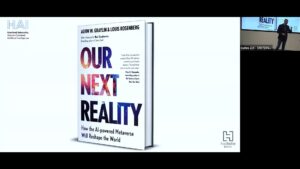 |
| Arnold Ma |
Brands focus to much on social media platforms and generic influencers, and forget often they need to get closer to their customers, says
marketing expert Arnold Ma in the McKinsey Report on the 2020 State of Fashion. In China and the rest of Asia consumers are faster to adopt new trends and increasingly guinea pigs for Western brands.
The McKinsey Report:
Arnold Ma, chief executive of creative digital agency Qumin, suggests players should move up the influencer funnel, partnering with individuals or other brands who truly live the lifestyle and can tell an authentic story, rather than blindly paying popular more generic influencers to promote their products...
“People [in Asia] don’t hold onto legacy behaviours such as using Facebook or sticking with credit cards instead of mobile payment,” says Arnold Ma, founder and chief executive of Chinese digital marketing agency Qumin. “When something new comes out, people welcome it with open arms.”
This explains why tech currents increasingly flow from the east.
“The west is just seeing successful examples and copying it,” Ma says. “They’re using Asia as a guinea pig.”
Staying on top of Asian social platform developments is not only important to better reach consumers in Asia. Brands can also apply learnings from social media trends in Asia to their business elsewhere, giving them an edge over competitors in non-Asian markets. So, what do Asia’s next-gen social media foretell?
More in the McKinsey Report.
Arnold Ma is a speaker at the China Speakers Bureau. Do you need him at your meeting or conference? Do get in touch or fill in our speakers' request form.
Are you looking for more marketing experts at the China Speakers Bureau? Do check out this list.









